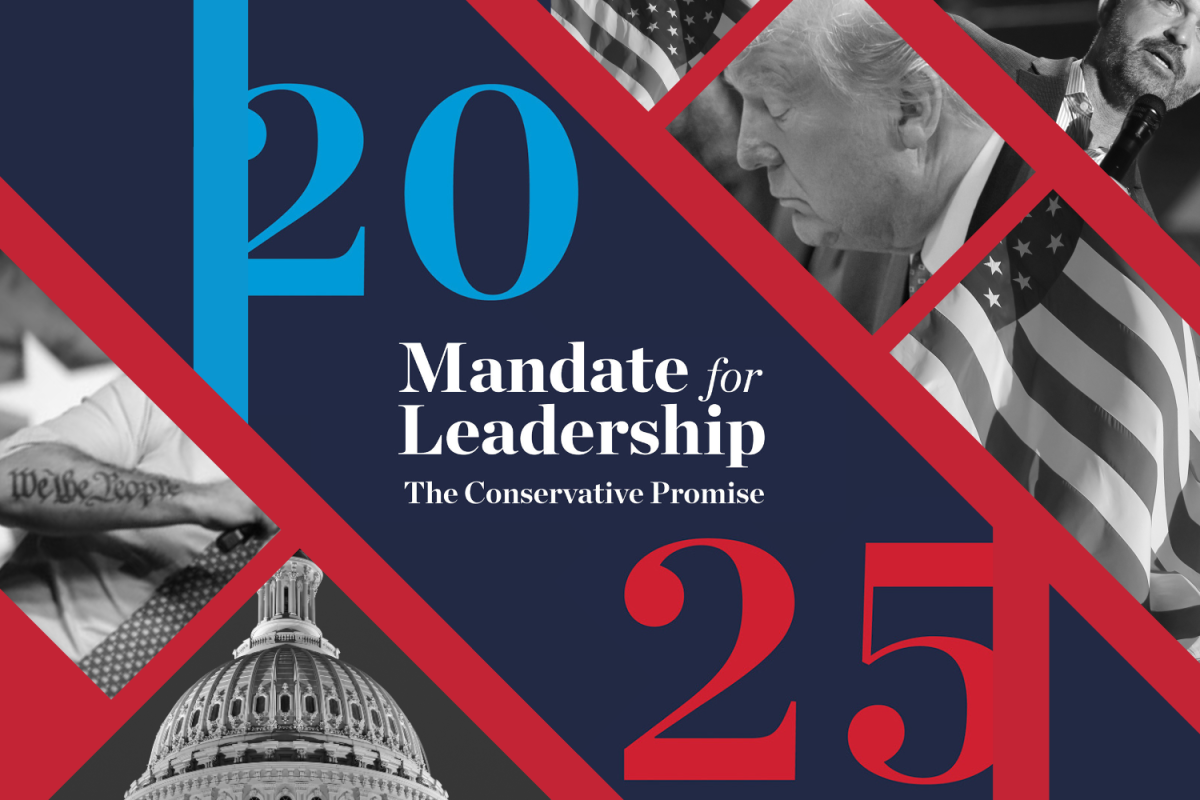What you need to know:
- On November 5, California residents voted on a series of 10 propositions that will soon bring significant changes to the state’s legislature.
- These new measures, once implemented, are set to impact a wide range of policies, from housing to the environment, affecting communities statewide.
- Some measures that passed include Propositions 3, 4 and 36, which addressed gay marriage, sustainability and crime respectively. Propositions 5 and 32, which aimed to lower housing votes and increase the minimum wage, were both rejected by voters.
Proposition 3:
In 2004, California — the state with the largest LGBTQ+ population — began to issue marriage licenses to same-sex couples, defying a federal ban on gay marriage, but were quickly shut down by the U.S. Supreme Court. Thus, California passed Proposition 8, which defined marriage as only between a man and a woman. However, in 2013, the Supreme Court legalized gay marriage nationwide, rendering Proposition 8 null as the federal decision superseded the one made by the state.
After the U.S. Supreme Court overturned Roe v. Wade in 2022, reversing 50 years of federal abortion protection precedent, State Sen. Scott Wiener and Assembly member Evan Low — both Democrats in the Legislative LGBTQ+ Caucus — introduced Proposition 3 to preemptively protect other constitutional rights. The proposition passed with support from 62.6% of voters. As California Amendment 3, it will enshrine same-sex marriage in the state constitution while formally repealing Proposition 8. Although it changes the constitution’s wording, in practice, it will not lead to any new change.
“It’s unlikely that the Supreme Court will overrule its previous ruling on same-sex marriage,” senior and Gender and Sexuality Alliance Club president David Merriam said. “I think it’s a good symbolic step, but I don’t think it’s incredibly significant. Safeguarding LGBTQ+ medical care would be a great next step forward.”
Proposition 5:
A typical home in California costs twice the national average, and rent is 50% higher than the national average. To make housing more affordable and build public infrastructure, local governments use bonds paid for by taxpayer money. However, California presents obstacles for governments to borrow this money, as approvals need at least a two-thirds majority from local voters. Proposition 5 aimed to change California’s constitution by lowering the vote needed to approve certain local government bonds to 55%.
Proposed by California State Assembly Majority Leader and Democrat Cecilia Aguiar-Curry, the proposition failed with 55.1% of voters against it. If passed, supporters say it would make affordable supportive housing, and public infrastructure projects such as parks and water management easier for local governments to finance. The amount borrowed would be repaid through increased property taxes.
Critics argued it was not democratic to allow a third of voters to overrule the wishes of the other two-thirds. They also emphasized the ease that local officials would have in funding priorities, rather than relying on statewide or federal bonds. However, as the proposition failed, the minimum vote required to borrow money to cover public amenities will remain at a two-thirds majority.
Proposition 4:
In recent years, environmental groups and renewable energy supporters have been pushing for more funding to tackle climate change. This intensified after Gov. Gavin Newsom announced the $54.3 billion California Climate Commitment initiative in 2022, which was later reduced to $44.6 billion due to budget challenges.
Proposition 4 passed with 59.7% voting “yes,” and will authorize the state to issue a $10 billion bond toward natural resources and climate initiatives. The principal benefactors will be communities impacted by droughts and floods, with $3.8 billion going toward improving water supply and quality. A significant portion of the funds will also be allotted to state projects, local governments, Native American tribes, nonprofit organizations and businesses.
“I think people were a little scared, especially since the proposition relates to state debt and authorizing $10 billion,” senior and Conservation Action Association Club co-president Medha Nalakonda said. “But you can’t really decrease the amount of energy and money that you put into such large-scale efforts.”
Although repaying the bond is expected to take 40 years, with annual installments of $400 million from taxpayer money, the proposition is estimated to provide long-term savings by preventing disasters and reducing costs for climate activities.
Proposition 32:
Ranging between $16 to $19.36 per hour based on city and business size, California’s minimum wages are some of the highest in the United States. This directly reflects the high cost of living in the state: a single adult living in the cheapest California county would need to make at least $20.23 per hour to comfortably afford the basics, according to estimates from the MIT Living Wage Calculator.
Anti-poverty activist Joe Sanberg has been pushing for the minimum wage to increase since 2023. However, with rejection from 50.7% of voters, Proposition 32 failed narrowly. If passed, California would have different minimum wages of either $17 or $18 per hour based on employer size, starting in January 2025. In 2026, employees would all earn at least $18 per hour, the highest nationwide.
“Proposition 32 not passing may not seem like that big of a deal, but in reality, it makes those that live paycheck to paycheck even tighter on cash as prices rise disproportionately to their salaries,” sophomore and Mathnasium employee Maria Yakovenko said. “Low-income families will also likely not be able to afford things like housing in the near future due to inflation, and it’ll be harder for them to get a raise because the career growth opportunities at minimum wage jobs are often limited.”
While proponents emphasized the aid it would provide to struggling families, business groups opposing the proposition argued that inflation has already strained them, citing past layoffs caused by unaffordable wage increases. Ultimately, the absolute minimum wage will remain $16 per hour, not accounting for inflation.
Proposition 36:
In an attempt to reduce overcrowding in state prisons by classifying some theft and drug crimes as misdemeanors rather than felonies, California passed Proposition 47 in 2014. However, the proposition has been blamed in recent years for the sharp rise in crime statewide: shoplifting of merchandise worth up to $950 soared 28% over the past five years, and the total reported thefts were 18% higher during the pandemic than in 2019.
A successful overturning of Proposition 47, Proposition 36 passed with 68.4% voting “yes.” Once implemented, it will issue harsher penalties and change court procedures. Individuals with multiple prior theft convictions will face up to three years in prison for stealing items worth over $950, or causing property damage during crimes involving three or more people. Also, courts will be required to warn drug traffickers that they could be charged with murder if they provide illegal drugs that lead to a fatality.
Proposition 36 is estimated to increase state spending on jail management and court-related workloads by hundreds of millions of dollars annually. While many doubt the proposition’s effectiveness in reducing crime, proponents have highlighted the importance of safer neighborhoods and its ability to lower homelessness caused by drug dependence.





































































